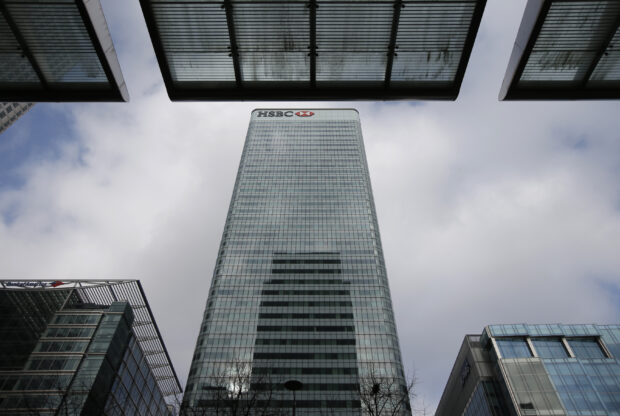
HSBC, the largest bank in Europe, recently announced its decision to abandon its 45-floor tower in Canary Wharf and move its 8,000 employees to a smaller office complex overlooking St Paul’s Cathedral in central London. This move reflects a growing trend of downsizing in the commercial real estate market, caused by increasing financing costs and a shift towards remote working and sustainable offices.
The shift towards remote working has significantly reduced the amount of office space required by companies like HSBC. This is not unique to HSBC, as many other large employers are also looking to reduce their office space by 10 to 20 percent in the next few years. This trend poses a challenge to office landlords and has the potential to reshape cities.
Competitive rents in city centers may attract companies that had previously avoided the high costs of London’s financial hub, the City of London, and Canary Wharf. This shift in demand for office space has had ripple effects on real estate markets, with the sector being the most distressed in Europe.
The pressure to meet green targets set by investors, environmentalists, and regulators is another driving factor behind the downsizing of office spaces. Large businesses need to align their operations with green policies, leading them to opt for more sustainable office spaces.
HSBC is one of the major employers with aggressive targets to reduce office space. They plan to cut around 40 percent globally and move their headquarters to the revamped former offices of BT by late 2026. The Panorama St Paul’s development that will house HSBC is approximately half the size of the tower they currently occupy.
This move comes at a challenging time for Canary Wharf, as Credit Suisse’s future in the area is uncertain following its emergency takeover by UBS. The City of London Corporation sees HSBC’s move as a vote of confidence for the city, while Canary Wharf Group has been diversifying its offerings to adapt to the changing market conditions.
The trend of downsizing office spaces reflects a shift in employee behaviors, with remote working becoming the new norm. This has prompted companies to rethink their office space requirements. It is clear that the office landscape is undergoing a significant transformation, and the impact on real estate markets will be far-reaching.
[Subscription message]
[Facebook pixel code]
Denial of responsibility! SamacharCentrl is an automatic aggregator of Global media. In each content, the hyperlink to the primary source is specified. All trademarks belong to their rightful owners, and all materials to their authors. For any complaint, please reach us at – [email protected]. We will take necessary action within 24 hours.

Omprakash Tiwary is a business writer who delves into the intricacies of the corporate world. With a focus on finance and economic landscape. He offers readers valuable insights into market trends, entrepreneurship, and economic developments.

